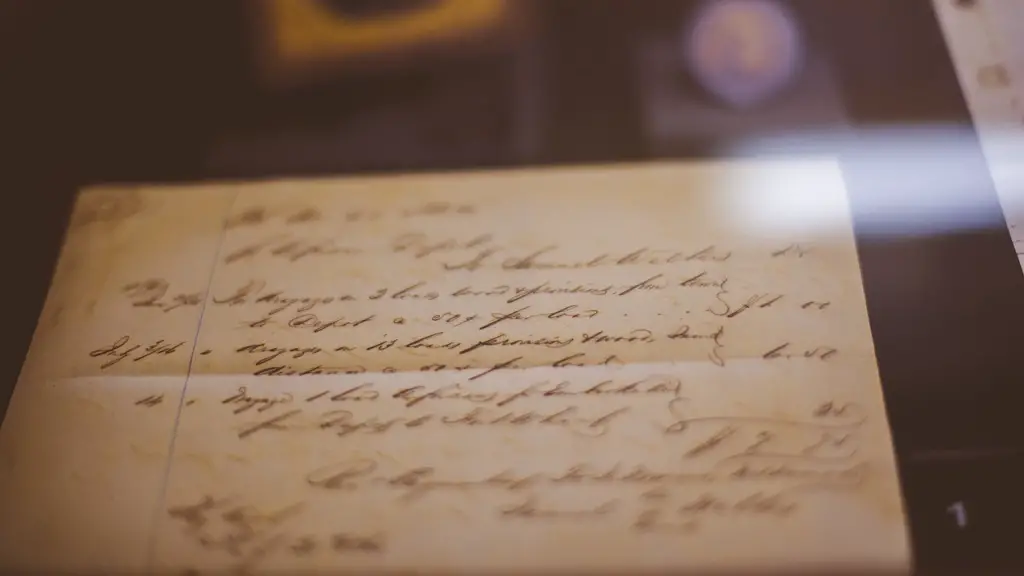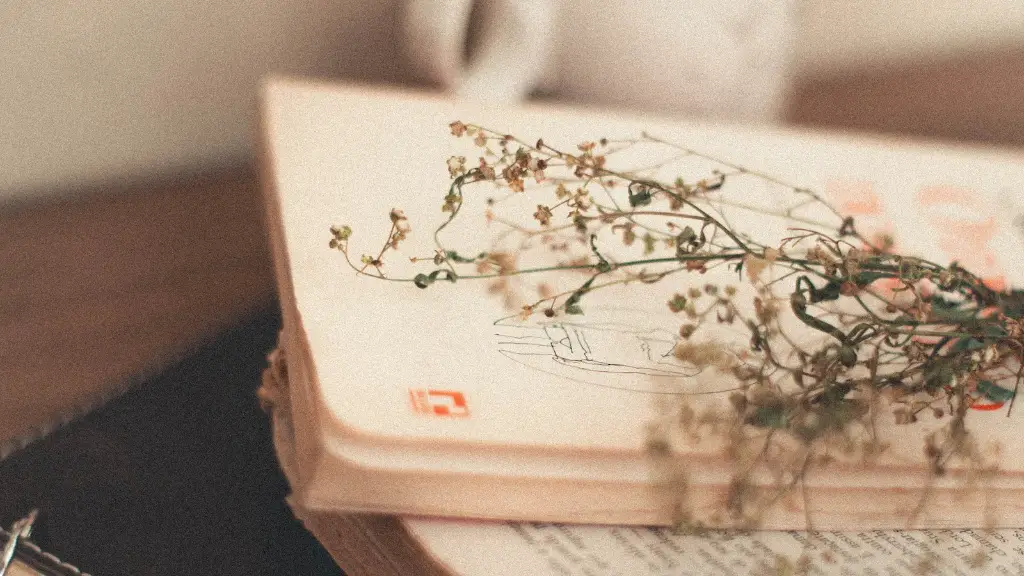Historical Significance
Poetry is a vital part of mankind’s literary history. It dates back to ancient times, and its roots are everywhere. From across the ancient world come formulas, proverbs and incantations, stories and songs, prayers and laments. Poetry was used in various ceremonies and rituals to summon up emotion in a crowd. In battles and celebrations, in birth and death rites, poetry played a significant part. A specialised form of poetry was composed to record historic events and past kings.
In the Middle Ages, poetry found various forms of expression: sagas, legends, fables, riddles, and lyrics. Long verse narratives explored the nature of good and evil, of justice and love, of human suffering and divine power. Similarly, mystical writers used poetry as a means of expressing a spiritual experience. Poetry was also often used for religious purposes, in order to pray, praise and thank God or to translate religious texts.
From the Renaissance onwards, poetry obtained a more written form, often guided by fixed patterns and verse structures. Yet, poets also sought new forms of expression and pushed the conventions. Through the centuries, literature has come to include all sorts of poetic forms, often validating the personal, intimate and sometimes controversial, making room for experimental, challenging ideas and conveying a sense of beauty.
Modern Poetry
Modern poets use creative forms to reflect the confusing world of today. By experimenting with language, individual language, musicality and rhymes, they are able to capture attention to the thought-provoking points they make. Poems can be used to address pressing topics and to let rage or other emotions out. They can be reactionary, be political or revolutionary.
They can also reveal the poet’s inner world, outlining personal experiences and emotions. Through imagery and storytelling, poets bring unique elements of life to the page. Even abstract works can hold beautiful symbolism, making sure that the reader is actually moved and engaged. Everyone can in that way connect with the poem and make it their own.
Overall, poems in the modern age seek to communicate not just with words but with ideas, feelings and stories. They provide a platform to reach out to the audience and make sure that individual consciousness is lifted in the process. They aim to change perspectives, challenging and expanding our frames of thought. They are reflective, making sure that the reader can relate to it. Ultimately, poetry remains an extraordinary way of expressing oneself, of releasing emotions and thoughts, of conveying a certain message.
Philosophical Meaning
From a philosophical perspective, poetry can be seen as a form of communication, a language of metaphorical expressions. It inspires understanding, intense emotion and creativity. Poets show that we often have to search for a language that can express profound emotions, blurred states and even flaws. It can shape the way we think about the world and ourselves.
Poetry has much to do with subjectivity and ambiguity, and therefore it offers rich metaphors and metonymies to work our way out of a maze. It is a gateway to spiritual and psychological phenomenon, an exploration of the unknown, the subtle and the hidden. Unlike scientific theories, it can be highly personal and subjective, based on individual perspectives and experiences. It is a space where one can, to a certain extent, escape structural realities and formed opinions.
At the same time, poetry can also be an art of clarity and simplicity and interpreted in various ways. The audience can view something from different angles, creating individual meanings and looking into various readability options. Such complexity of every poem brings readers back to find new messages and gives writers a vast potential to leave their mark.
The Power of Poetry
It is often said that poetry can have healing properties. It is undoubtedly an impactful form of expression and a unique way of conveying a thought or a feeling, making it more accessible than mere words. It offers an intense emotion that can help one to get in touch with their inner self, as well as their environment. Poems often open up a mirror to each individual’s soul, and they can spark reflection on the world, allowing one to look at life and nature in different ways.
Indeed, poetry can be powerful and transformational. It can help in healing trauma, confronting difficult emotions and instigating catharsis. Poetry may also be a way out of mental suffering, and therefore, be a key factor in helping someone to get back on their feet. It can offer hope, up to a certain extent.
It is said that poetry is able to bridge the gap between theory and practice. It brings the intangible into tangible, and the invisible into visible. It invites readers to consider their world from another angle, to think outside of the box and to retreat into a place of stillness. Poetry can provide comfort, particularly in difficult events. In that way, it can offer escape, comfort and respite.
The Art of Poetry
Poetry is an art form which is both beautiful and boundless, encompassing craft and technique, and allowing personal expression. It is regularly used as source of inspiration, a platform on which to explore creativity and self. It can also be used to create atmosphere and evoke feelings.
Most poets seek to invoke a certain emotion in their audience, whether it be joy or fear, hope or despair. They might be trying to make people think about a major issue, or take a stand on it. Through their work, poets can create an intimate connection with the audience, by inspiring them and giving them courage.
Poetry conveys a certain beauty that is often lost on language used in everyday conversations. It allows writers to capture particular moments, and to make those moments seem timeless within the page. Poetry is often complex and does not have to be understood to be appreciated.
Poetry can be seen as a spiritual experience, as poetry is often experienced right on a soul level. It is more than mere words tangled together and put onto a page. It is a melodious song, truth-telling and inspiring. It is tangible and divine.
Cultural Relevance
Poetry is at the very heart of culture and literature. Within literature, it has served an important role, expressing emotion, discourse and feelings. It can add colour to words and convey amazing feelings with few words, indicating the power of poetry.
Poetry has also featured in various forms in popular culture, particularly in film and music. It is often used as a form of protest and poetry slams have become a way for young people to express themselves and voice their message. Poetry is highly popular and has a great impact, engaging people from all backgrounds and ages.
Poetry is present in numerous festivales, across multiple platforms and continues to be used as a form of communication. It has captivated the attention of many readers and writers, who rely on its strength for endless inspiration. It is a strong tradition, deeply embedded in societies, and as such reaches out to a broader audience.
Summary
In conclusion, poetry is more than mere words. It is a way of expressing and understanding the world, an embodiment of true beauty and a manifestation of the soul. It has been present through history and has become an integral part of modern culture. It is a language of metaphors, offering a platform to explore creativity, self and emotions. Poetry is powerful and can be used to raise awareness and challenge existing frames of thought. It serves to heal and to provide comfort, whether one considers the personal or the collective dimension. In this way, poetry is truly marvellous and can give an amazing and humanistic touch to life.





